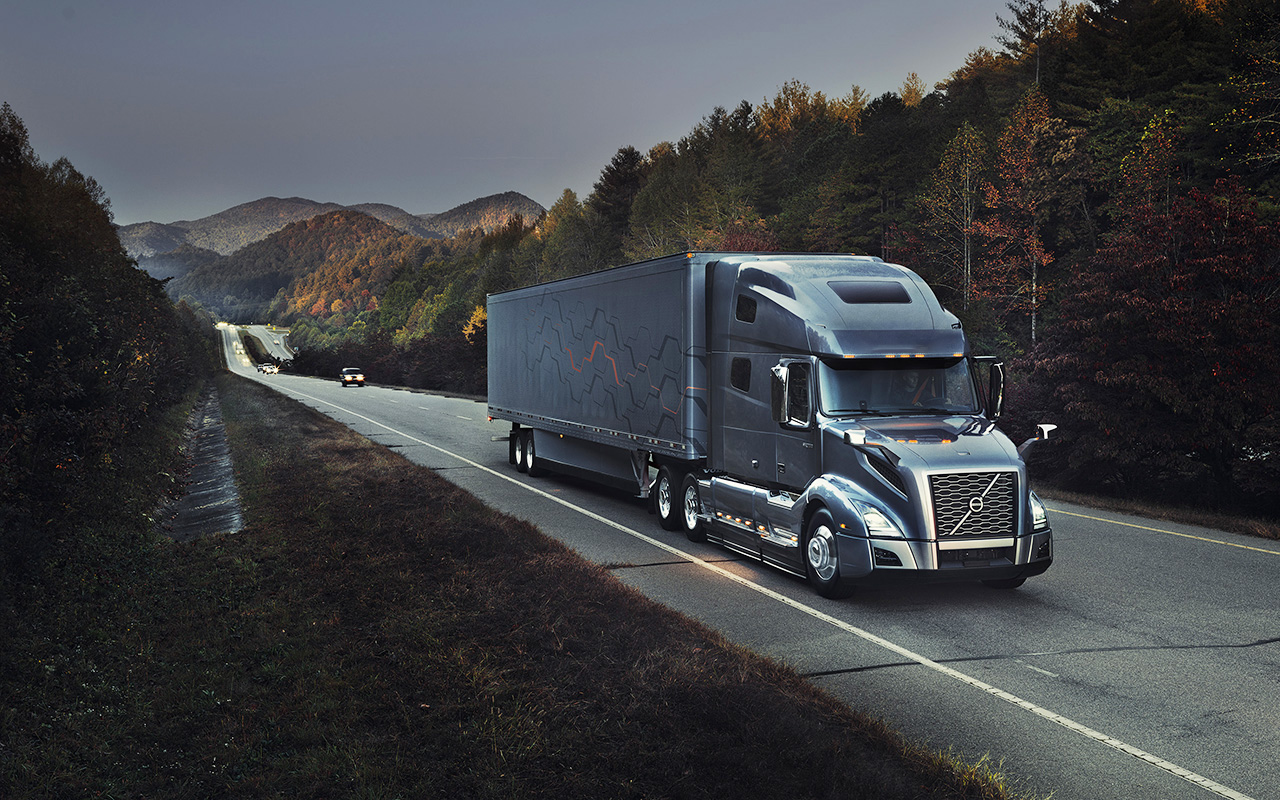Innovative minds are continually dreaming up innovations that transform how trucking companies and other parties in the industry operate. In the recent past, we have seen different software solutions and new vehicle concepts among other great ideas aimed at making the industry safer, more efficient and profitable. This is not yet the end. In the future, we expect to see more innovations to solve the current challenges facing the industry. Here are a number of technologies which you will find at Volcano Transport which play a primary role in the trucking industry:
1. Telematics and GPS fleet tracking systems
Telematics generally refers to the integration of telecommunications with information and communication technology to a single unit that receives, sends and stores information relating to trucks from any location. A telematics system can also provide an auto-generated report on the status of all the vehicles within a fleet, giving the fleet manager details on when the vehicle starts, shuts down, as well as when it idles, its location and speed.
This real-time information and updates on fleet activities come to a secure centralized, web-based software portal. This allows the fleet managers to login from any internet-enabled computer at any time or from anywhere, which means you have full-time control of the fleet. This will help in:
- Improving customer service.
- Cost reduction – labor, fuel and other operational expenses.
- Increasing productivity.
- Reduction of unauthorized vehicle use.
- Increasing fleet security and safety.
2. ELDs and trucking software applications (Fleet Management System)
As of Dec. 18, 2017, it will be mandatory for almost all trucks to have an ELD (electronic logging device) which is aimed at creating a safe and compliant working environment for drivers. It records and tracks the driver’s record of duty status (RODs) and also monitors hours of service for each driver. Technology leaders have come up with modern software that will be integrated with these devices to enhance more efficiency in fleet management.
The fleet management system features electronic logbook and a compliance reporting solution among other functions. The comprehensive fleet management system maintains compliance with the ELD mandate and all relevant regulations and also helps to manage and control your fleet vehicles, drivers and loads via an online reporting and management tools.
The system records all ELD data including logs, IFTA, IRP, inspection (pre and post) and the data is audited automatically. This reduces time and costs associated with fleet management and compliance reporting. It also gives real-time notifications in case of violations, theft or accident for you to take immediate actions. The management system will benefit the carriers in tracking vehicles, encourage good driver conduct, manage violations and reduce operational and fuel costs. The system will also enhance compliance thus improving fleet CSA scores.
3. Self-driving trucks and platooning technology
Trucks without human drivers sound just like a dream, but the next big thing in the trucking industry will surely be self-driving trucks. Daimler has already made and tested a semi self-driving truck which was officially authorized to operate on the public highways of Nevada. Semi-autonomous truck technology will be combined with platooning technology to further reduce fuel costs and to enable hauling of more freight more efficiently. The technology will address the driver shortage problem which is predicted to rise to about 240,000 in the next 5 years.
